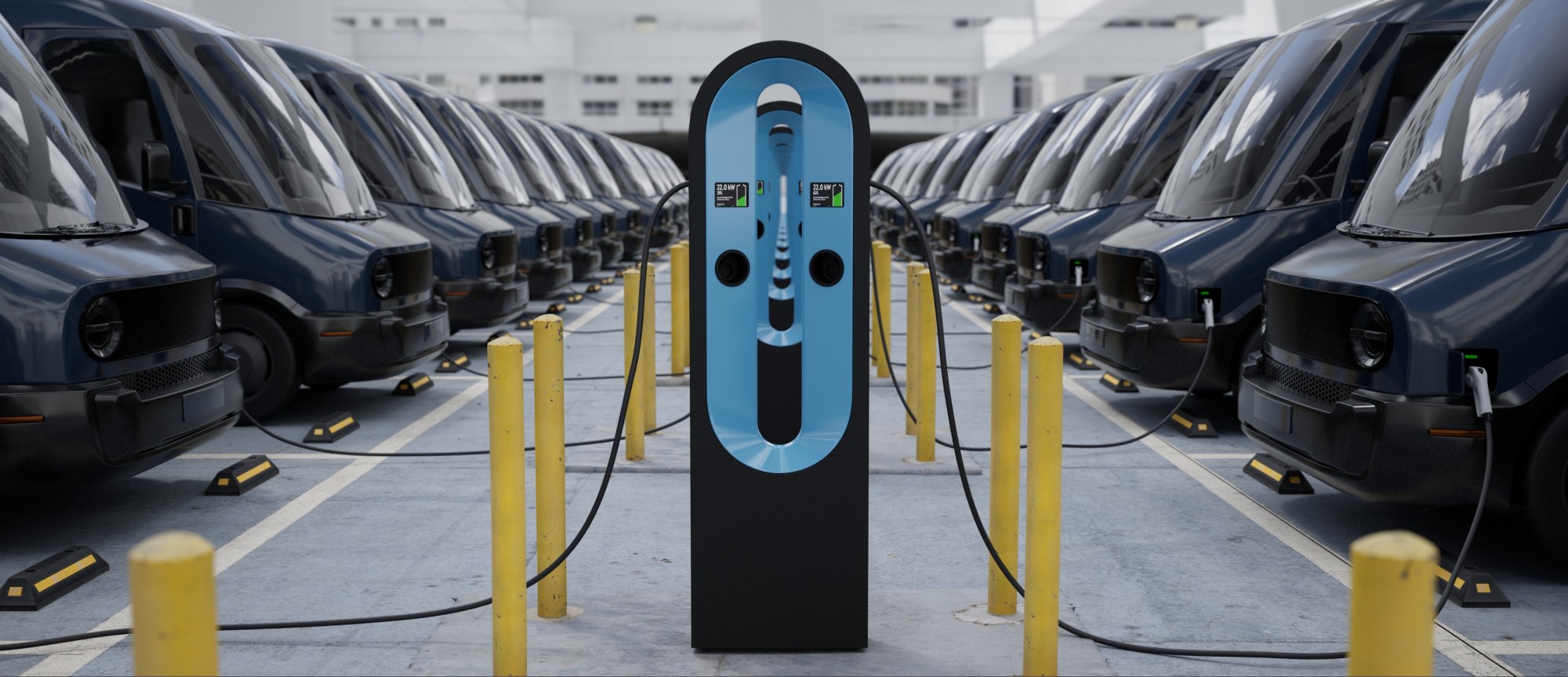Energy Efficiency, GHG Emissions, Industrial - March 7, 2024
Stellantis to Decarbonize Tech in South America
Stellantis announced an investment plan for the South American region totaling €5.6 billion (R$30 billion) from 2025 to 2030 to support the launch of over 40 new products along with the development of new Bio-Hybrid technologies and decarbonization technologies across the automotive supply chain.
“This announcement solidifies our trust and commitment in the future of the South American automotive industry and is a response to the favorable business environment here,” said Stellantis CEO Carlos Tavares in a statement. “As a critical part of our ‘third engine’ growth strategy, South America will take a leading role in accelerating the decarbonization of mobility together with our employees, our supply chain network and our partners. I want to thank each team member involved in helping create and execute our investment strategy so that, together, we can achieve our industry-leading carbon neutrality ambition.”
As part of its Dare Forward 2030 strategic plan, Stellantis is investing more than €50 billion in electrification over the next decade and is on track to become a carbon net zero corporation by 2038, all scopes included, with single-digit percentage compensation of remaining emissions.
The Stellantis facility in Betim, Brazil, is the company’s global center of expertise for Bio-Hybrid technology, which combines electrification with hybrid engines powered by bio-fuels (ethanol) on three different levels.
Stellantis, under the Fiat brand, pioneered the development and application of bio-fuel engine technology, which used 100% ethanol. In the future, the region will also produce a battery electric vehicle (BEV).
The production of the first vehicles equipped with Bio-Hybrid technology is flexible and can be integrated into various models manufactured by Stellantis. It is also compatible with all production lines of the company in the region.
The Bio-Hybrid technology is supported by three hybrid powertrains that will be gradually produced and introduced to the market. These new technologies include Bio-Hybrid, Bio-Hybrid electrified dual-clutch transmissions (eDCT), Bio-Hybrid Plug-In, and BEV (100% electric). The new hybrid technologies will start to be available by the end of 2024.
In Argentina, the company acquired a 19.9% stake in Argentina Litio y Energía S.A., a significant step toward establishing a cluster of sustainable battery materials to meet the electrification goals outlined in its global plan.
Read These Related Articles:
Stay Up-To-Date












